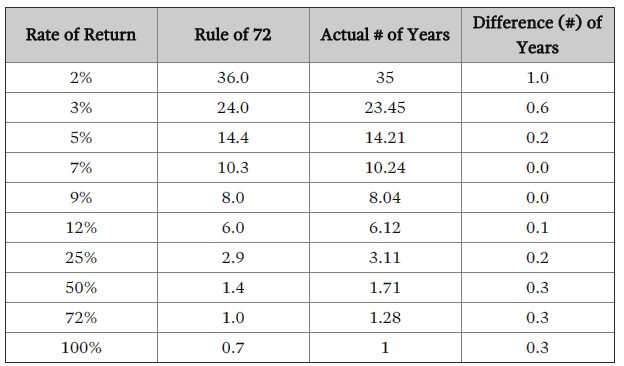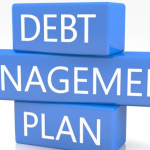
For most of us, buying a house is the biggest purchase we’ll ever make. It’s also probably the scariest. Taking out thousands of dollars for a mortgage loan can leave anyone a bit jittery. But is it worth it? Does buying a house mean you won’t be able to retire early? Or is buying a house actually a way to save for retirement?
The Argument For/Against
Between 2005 and 2012 home prices crashed a record-breaking 43 percent. Yes, it was bad. And yes, we all suffered in one way or another. But you know who suffered the least? Renters. Renters who contributed to their retirement accounts were found to save more money than homeowners. The biggest reason why is because renters typically had more money to contribute to their various retirement accounts—homeowners, on the other hand, were too busy struggling to pay off their homes.
Yes, after 15 or 30 odd years you’d likely own your home (hopefully with a decent amount of equity in tow), but that would be your primary claim. Renters, in a 15- or 30-year period, would have been able to see some serious savings.
Now let’s not forget the elephant in the room here: the fact that homeowners actually own their home. While there’s no way to tell how much more your home will be worth in 10, 20 or 30 years, the fact that you have a home gives you some leveraging power. In fact, some people actually decide to sell their homes once they reach retirement age and use that money–and all the subsequent equity they’ve built–to relocate to a retirement community. Not a bad choice, if you’re ok with selling your home.
But while the housing market took a giant nose dive in the past few years, times are changing, and the housing market is again on the rise. One of the biggest benefits of owning a home is the tax deductions you’re able to claim. Unfortunately, these benefits are often outweighed by other factors, such as high interest rates and inflation, which can greatly affect both your home’s equity and how long it takes for you to pay it off (especially if you have a low credit score to begin with).
On the other hand, people who were able to invest instead of paying off their mortgage will be able to see significant returns on their principle investments. Let’s use the Rule of 72 as an example. Under the Rule of 72, you divide 72 by your annual rate of return to get the actual number of years it will take for an investment to double. Investing consistently over time will give you a much higher return, especially if you start early.
Take a look:
- Graph taken from Investopia.com
The problem with owning a house is that many people tend to put off saving for retirement because they’re too busy trying to pay off their mortgage. Congratulations! You’ve finally been able to pay off your home. Now have fun starting to save for retirement.
So Should I Pay off My Mortgage or Retire?
“Paying your mortgage off early will help you get that pesky monthly payment out of the way and now you can start focusing on retirement,” right? Sure, it’s a valid thought, but it won’t really help you save.
In fact, spending all that money on your monthly mortgage payments instead of putting it in, say, a 401(k) or IRA account will actually hurt your financial future. Yes, you may own a home, but you could’ve had hundreds of thousands saved between the time you put down your first payment and the time you paid it off. That’s because the principle key to investing is letting your investments grow over time.
Dave Ramsey makes a great point about the power of investing, so I’ll use his case as an example (Thanks, Dave.):
“Let’s look at two homeowners with identical incomes and 30-year mortgages. Jane Homeowner makes her regular house payments and invests $500 a month toward retirement over the lifetime of her mortgage. By the time she retires, she could have nearly $2 million.
Joe Homeowner decides to double up on his house payments instead of investing for retirement. He pays off his mortgage in 15 years, but he has zero retirement savings. To catch up with Jane, he’ll have to invest $2,600 a month!”
Saving Today Means More Money Tomorrow
According to the Federal Reserve, 20% of consumers between 55 and 64 have nothing saved for retirement. So what happens when they reach retirement age and have nothing to show it?
The best way to save for retirement is to use any existing retirement plans to your advantage. If your company has a 401(k) plan, sign up for it immediately. Usually, if you contribute a certain amount per month your employer will actually match it—thereby doubling your savings. Try to contribute to that point as much as possible.
While buying a home can still be a good investment, it shouldn’t mean sacrificing your retirement funds. If you do decide to buy a home, don’t let that investment get in the way of saving for the future.
Still thirsty? Check out our retirement advice column for information on IRAs, 401(k)s and more.



